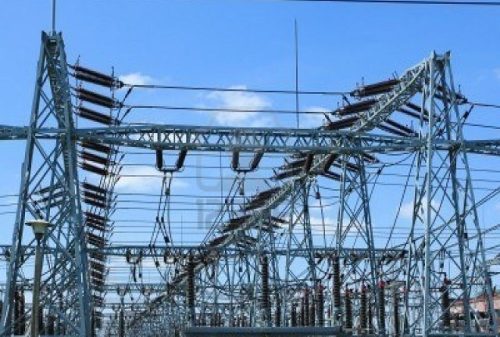The National Orientation Agency (NOA) has pointed to the frequent national grid collapses as a result of Electricity Distribution Companies (DisCos) not being able to absorb the power produced by Generation Companies (GenCos).
Minister of Power Adebayo Adelabu expressed hope that recent reforms in the transmission sector could help address these recurring grid failures.
Meanwhile, Peter Obi, Labour Party’s presidential candidate in the 2023 election, highlighted Nigeria’s ongoing struggle with severe power shortages, noting that the nation produces less than 10 percent of South Africa’s output, yet residents endure daily blackouts.
On Tuesday, the national grid suffered its ninth failure of the year, plunging the country into darkness once more.
In a statement titled Why National Grid Collapse, the NOA explained that while Nigeria can generate around 13,000 megawatts (MW) of electricity and transmit roughly 8,000 MW, the DisCos’ limited infrastructure leads to systemic breakdowns.
NOA added that with the addition of the 700 MW Zungeru hydroelectric plant, Nigeria’s total installed generation capacity now stands at about 13,610 MW. However, the DisCos’ active distribution capacity remains around 4,000 MW, hampered by limited resources for critical infrastructure investments.
Adelabu, who received findings from a panel investigating the root causes of Nigeria’s persistent grid failures, condemned the high frequency of these breakdowns, calling the situation “unacceptable.”
He said the panel’s recommendations would be reviewed and adjusted before a final report is presented to President Bola Tinubu for approval, with necessary budgetary provisions to follow.
Nafisatu Ali, the Committee Chairman and Executive Director of the Independent System Operator at the Transmission Company of Nigeria (TCN) attributed recent collapses to technical failures, including damaged lightning arrestors at the Jebba and Oshogbo stations and an explosion at the Jebba station.
In a statement on social media, Obi criticized Nigeria’s low electricity output, contrasting it with South Africa’s generation and distribution of about 40,000 MW. He added that South Africa recently celebrated seven months of uninterrupted power supply.
Obi emphasized the need for visionary leadership to resolve Nigeria’s energy crisis, noting that power shortages impact all Nigerians equally and cannot be addressed through ethnic or religious divides. “The solution lies in leadership focused on national progress,” he remarked.


